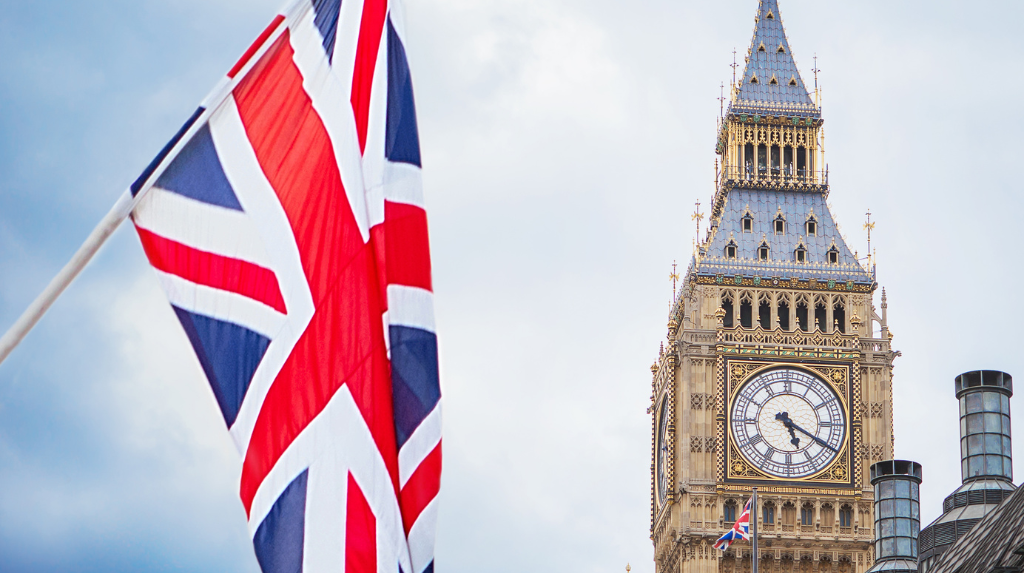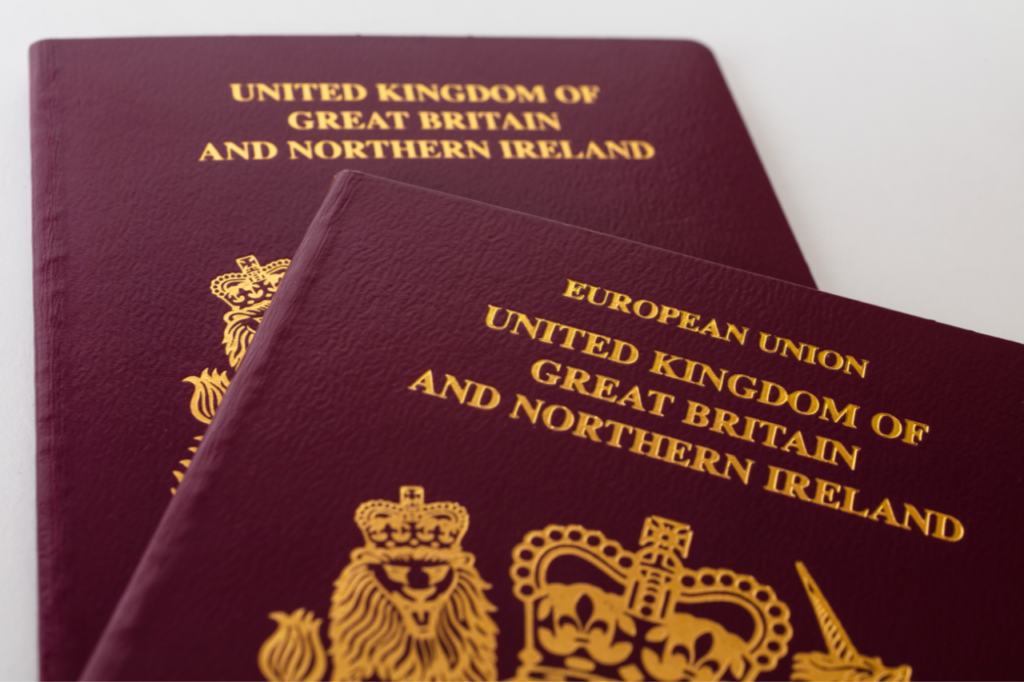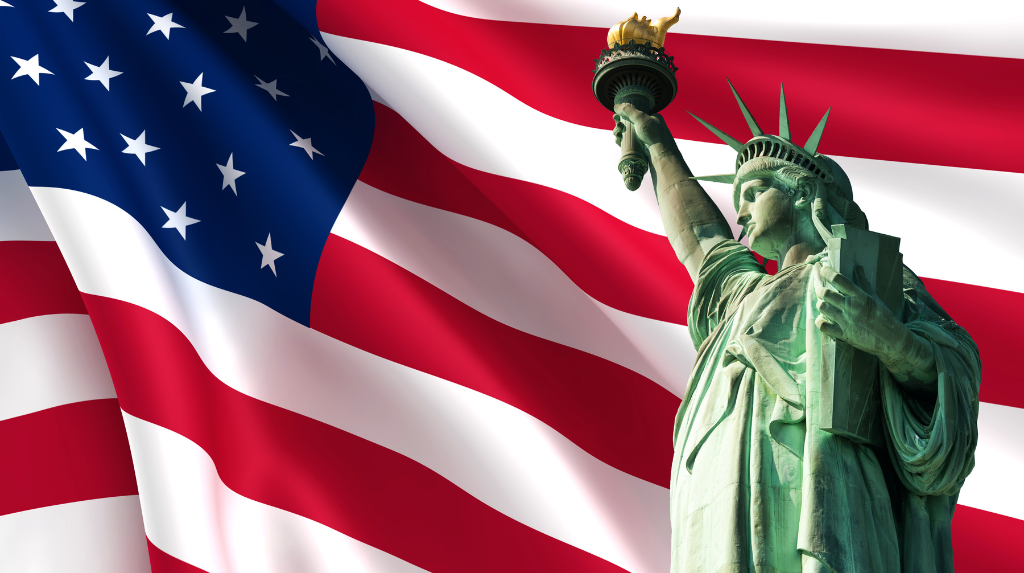In a world where profit often overrides basic human rights, everyone needs to be vigilant against human trafficking. This crime affects lives across different industries and places. In this guide, we’ll explore human trafficking in the UK to help you identify, report, and support victims. Together, we can fight against this modern-day slavery.
Understanding Human Trafficking
Human trafficking involves trading individuals for exploitation and profit. This crime crosses borders and industries, causing immense suffering. To combat it effectively, we must grasp its different aspects.
The Reach of Human Trafficking
Human trafficking extends beyond the sex industry, impacting sectors like construction, agriculture, and domestic work. Victims are often:
- Deceived about the job they are offered.
- Transported across borders or trafficked within a country.
- Coerced into forced labor.
- Closely monitored and controlled by exploiters.
- Due to minimal or non-existent wages, human trafficking is often likened to modern-day slavery or labor exploitation.
Identifying the Signs
Recognizing human trafficking is vital for prompt intervention. While each situation is unique, there are typical signs to watch for:
- Lack of personal freedom.
- Minimal or no income.
- Appearing indebted to someone.
- Living in constant fear of employers or authorities.
- Showing physical signs of abuse, like bruises or cuts.
- Frequently moving residences.
- Children can also be trafficking victims and may exhibit:
- Unexplained wealth or possessions.
- Not living with their parents or guardians.
- Emotional instability, such as aggression, withdrawal, or anxiety.
For further insight, visit the Modern Slavery Helpline’s website for guidance on identifying potential trafficking cases.
Seeking Help and Reporting
When you suspect human trafficking, acting promptly is crucial to ensuring victims receive the necessary support.
Contact Law Enforcement:
If you encounter a human trafficking situation, immediately contact the police. For emergencies, dial 999; for non-urgent situations, dial 101. Your swift action could save lives.
Anonymity with Crime stoppers:
To report anonymously, contact Crime stoppers at 0800 555 111. They specialize in gathering information while safeguarding informant identities.
Charitable Support with Confidentiality:
For those hesitant to involve the police directly, charitable organizations provide confidential assistance:
- Salvation Army’s 24-hour helpline: Call 0800 818 3733 to report modern slavery discreetly.
- Modern Day Slavery Foundation’s helpline: Available 24/7 at 0800 0121 700, offering immediate support.
- NSPCC’s helpline: Report suspicions of child trafficking by calling 0808 800 5000.
- Local Citizens Advice: Seek guidance on the next steps in addressing human trafficking concerns.
Supporting Victims After Reporting
After a report is made, it’s crucial to prioritize the safety and well-being of the victim.
Immediate Protection
Safety is the top priority during this stage as the police take quick steps to protect the trafficked individual from any harm.
Collaborative Support
Law enforcement agencies and specialized organizations come together to offer victims support, including medical care, safe accommodation, and protection from their traffickers.
Returning Home or Permanent Stay
Depending on the victim’s safety, they may receive assistance to return to their home country. If returning is unsafe, arrangements can be made for them to stay permanently in the UK. Legal aid may be available to assist with this process.
How does human trafficking in the UK connect to other forms of organized crime
Human trafficking in the UK is intricately linked to various forms of organized crime, creating a complex web of exploitation and illicit activities. This relationship is characterized by the following key connections:
1. Organized Criminal Networks
Human trafficking is often orchestrated by sophisticated organized criminal groups that engage in multiple illegal activities, including drug trafficking, smuggling, and fraud. It is estimated that 17% of organized criminal networks in the UK are involved in organized immigration crime, which includes human trafficking as a subset of their operations. These groups may manage the entire trafficking process or subcontract specific tasks such as money laundering or obtaining fake documents.
2. Exploitation for Criminal Activities
Victims of human trafficking are frequently forced into other forms of crime. For instance, many trafficked individuals are coerced into participating in drug cultivation, particularly cannabis farming, or other illegal activities that generate profit for their traffickers. This exploitation not only serves to enrich the traffickers but also complicates law enforcement efforts, as victims may be reluctant to come forward due to their involvement in criminal acts.
3. Economic Motivations and Supply Chains
The profitability of human trafficking is a significant driver for organized crime. The UK market presents lucrative opportunities for traffickers, who exploit vulnerable individuals to reduce labor costs across various sectors, including agriculture, construction, and domestic work. The financial gains from trafficking can be substantial; estimates suggest that the cost of modern slavery to the UK economy could be as high as £33 billion annually.
4. Interconnectedness with Other Crimes
Human trafficking is not an isolated crime; it connects with nearly every other form of organized crime impacting the UK. This includes narcotics production and distribution, where trafficked individuals may be used in drug-related operations. Additionally, there are links between human trafficking and cybercrime, particularly with the rise of online platforms that traffickers use to recruit victims and sell exploited services.
5. Migration and Smuggling Routes
The ongoing issues surrounding irregular migration contribute significantly to human trafficking dynamics. Many individuals seeking better opportunities are vulnerable to exploitation during their journey to the UK, often facilitated by smuggling networks that charge exorbitant fees for unsafe passage. The increase in small boat crossings from France has also been linked to rising trafficking incidents, with a notable percentage of those arriving being referred to the National Referral Mechanism (NRM) as potential victims.
6. Law Enforcement Challenges
Despite efforts by agencies like the National Crime Agency (NCA) to combat these intertwined crimes, challenges remain due to underreporting and the clandestine nature of organized crime networks. Victims often fear reprisal or deportation, which hinders effective law enforcement responses. Moreover, the adaptability of these criminal organizations makes it difficult for authorities to dismantle their operations comprehensively.
Human trafficking in the UK is a serious violation of human rights that requires our collective attention. By recognizing the signs, promptly reporting suspicions, and supporting victims, we can contribute to fighting this abhorrent crime.
How Law and Visas Can Help?
At Law and Visas, our team of expert immigration consultants is here to make your application to the UK straightforward and successful. Whether you’re applying for a Child Visa or Asylum Seeker Status, we handle every step—from preparing your application to gathering the required documents.
Our Immigration Consultants and Lawyers ensure that your application meets the highest standards, with no details missed. We’ll also keep you informed throughout the process and coordinate with the immigration office or embassy on your behalf.
Law and Visas have a strong record of helping clients secure the visas/permits they need to visit the UK. You can call us today at +234 812 5505 986 to learn how we can help you.




